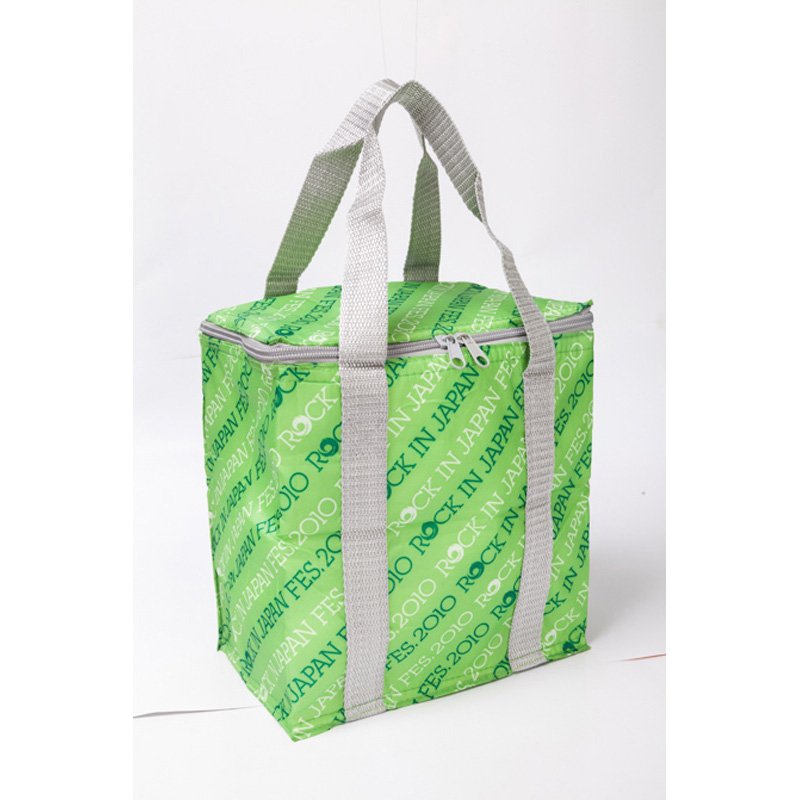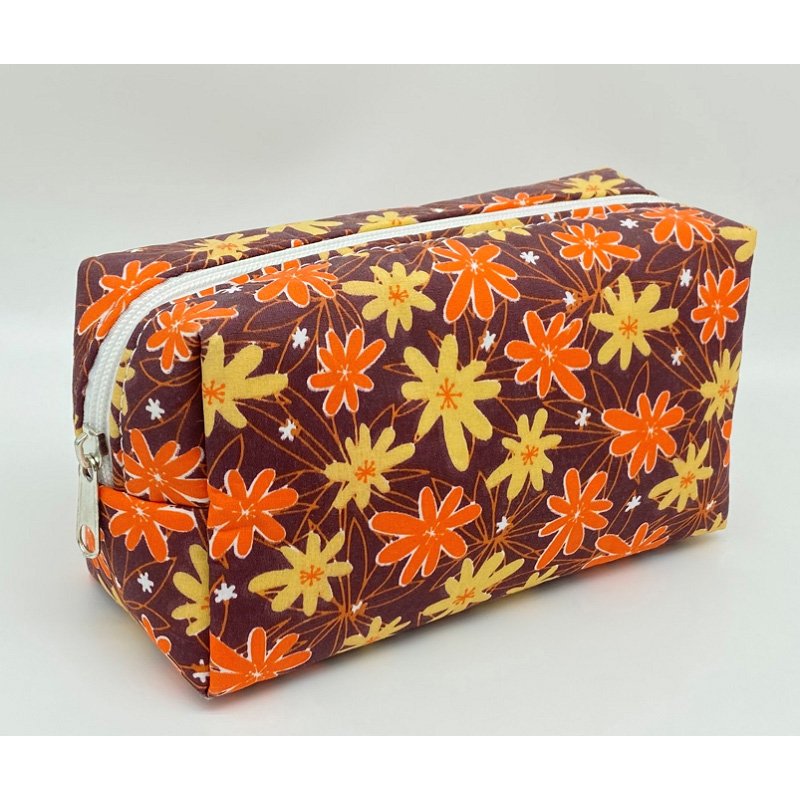Biodegradable bags have grown in favor of an apparent environmentally beneficial alternative to standard plastic bags. These bags, marketed as a solution to the environmental problems created by single-use plastics, claim to degrade organically, leaving little to no trace behind. However, a crucial question often arises: Are biodegradable bags reusable? In this article, we delve into the intricacies of biodegradable bags.
What Are The Biodegradable Bags?
Biodegradable bags are generally composed of materials that degrade into natural compounds when exposed to environmental conditions. Common materials include plant-based polymers like cornstarch or other bio-based sources. The intention is to reduce the impact of plastic waste on landfills and oceans by accelerating the decomposition process.
Reusability Of Biodegradable Bags
While biodegradable bags are designed to break down more readily than traditional plastic bags, their reusability is a matter of debate. Many biodegradable bags on the market are thin and not as strong as non-biodegradable bags. Reusing them may jeopardize their structural integrity, making them less useful for transporting products.
It's important to note that the primary focus of biodegradable bags is on reducing environmental impact through faster decomposition. Reusability is frequently a secondary factor, with the emphasis on using the bag for its intended purpose, disposing of it ethically, and allowing it to naturally degrade.

Factors Affecting Reusability
Here are some key factors affecting reusability:
Material Composition
The composition of the biodegradable material plays a crucial role in determining the bag's reusability. Bags produced from a mix of materials may differ in strength and durability. Manufacturers frequently experiment with different formulas in order to establish a balance between environmental friendliness and usability.
Thickness And Density
The thickness and density of biodegradable bags can impact their strength and ability to withstand wear and tear. Thicker bags are more durable in general, although they may take longer to decompose. Manufacturers must determine an appropriate thickness that balances reusability and environmental concerns.

Environmental Conditions
Biodegradable bags are meant to degrade when exposed to specified environmental conditions such as sunshine, oxygen, and moisture. However, extreme conditions can expedite decomposition, potentially limiting the bag's lifespan for reuse. Understanding the recommended conditions for decomposition is essential for consumers looking to maximize reusability.
Temperature Sensitivity
Temperature changes are a concern for some biodegradable polymers. Extreme heat or cold might hasten the breakdown process, potentially jeopardizing the structural integrity of the bag. This factor is particularly relevant for bags used in diverse climates, as exposure to extreme temperatures may impact reusability.
Chemical Additives
Manufacturers may add certain chemicals to enhance the biodegradability of their bags. However, these additives can affect the bag's strength and reusability. Consumers should be aware of the exact chemical makeup of biodegradable bags and think about how this may affect their capacity to endure repeated usage.

Storage Conditions
How biodegradable bags are stored can also influence their reusability. Storing bags in a cool, dry place away from direct sunlight can help prolong their life. Improper storage, such as leaving them in a hot car or exposing them to excessive humidity, may accelerate decomposition and reduce reusability.
Handling
Educating consumers about the proper handling and limitations of biodegradable bags is crucial. Overloading these bags or using them for heavy-duty tasks may lead to premature wear and tear. Responsible usage can contribute to extending the lifespan of biodegradable bags.
End-of-Life Disposal
Proper disposal at the end of a biodegradable bag's life cycle is essential for maximizing reusability. If these bags end up in landfills or areas without the necessary conditions for biodegradation, they may not fulfill their eco-friendly purpose. Encouraging customers to dispose of biodegradable bags at authorized composting sites increases the chance of effective decomposition.
Conclusion
While biodegradable bags serve the purpose of reducing the environmental impact of plastic waste, their reusability is limited. However, if you are looking for a reusable bag, look no further than Neway. We have a wide range of reusable shopping bags, such as non woven bag, cotton bag, canvas bag, polyester bag, etc. Please feel free to contact us for more details!






